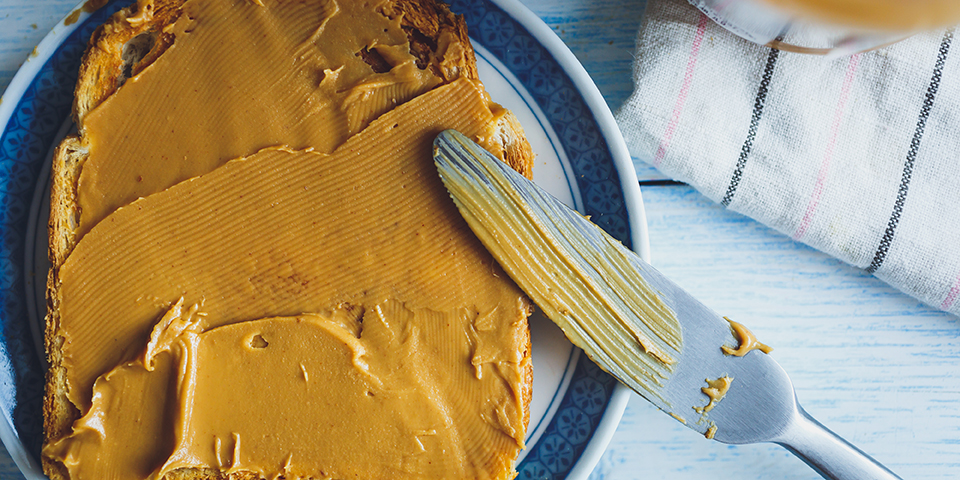It’s a shocking and sad statistic to know that depression is one of the most prevalent conditions and has been estimated to impact over 300 million people globally. This is about 4.4% of the worldwide population. Actual figures are expected to be higher as many cases have not been diagnosed. Amidst a global pandemic, the increase in disorders such as anxiety, stress and low mood, which are all closely linked and may contribute to depressive symptoms, are becoming even more prominent around the world. Recently Lifeline reached an all time high in 58 years, with a 50% increase in calls – this says it all as to where we are at right now with mental health.
I’ve been open with my own struggles with mental health and it’s something I’m so passionate about speaking out on, to support one another and remove the stigma on this topic. Over my own healing journey, I have developed my own checklist of practices and tools that really helped me to support me through the harder times and balance my mood. I hope that these will also help you.
Managing my stress levels
This is key to a balanced healthy mood. 8-9 hours of sleep (a must), a 10 minute breathing exercise and a walk in nature daily really reduces my stress and lifts my mood.
Eating all of those important macros
low mood can be associated with blood sugar drops. Ensuring we eat slow released complex carbs, protein, fibre and greens at every meal will help to balance your blood sugar levels which can support a stable mood. On this note, be aware of your intake of refined sugars/carbs as this can cause blood sugar drops which impacts mood.
Healthy fats and protein
These nutrients can support healthy neurotransmitter production such as serotonin. So important to include both at every meal.
Mindful of alcohol
My community know that I am allll about balance, which also means I do love to enjoy alcohol mindfully and moderately. French wine and gin cocktails are my go to. But we do have to be aware that alcohol can have a depressive effect which can affect our mood the day after consumption. It is important to note how you react to alcohol and adjust habits accordingly. For me, 2-3 drinks is fine, but anything more than that can cause my mood to be affected negatively.
An ocean swim
Lifts my mood every time! Alternatively a walk in fresh air lifts the mood too.
Social media boundaries
This is really, really important. I believe the inundation of information and comparison on social media can really affect our brain’s neurotransmitter production and therefore our moods. We have to set boundaries in the world we are living in to find a sense of calm and peace. My personal rule is that I switch off all social media by 830pm. I even delete my Instagram app. Changed my life.
Time with my husband and loved ones
This always, always makes me feel better. However, also saying being okay with saying ‘no’ to social arrangements when I feel tired or overwhelmed is important.
Supplementing
I also love suggesting 2x supplements – a high dose fish oil and saffron extract – as the research behind both of these for mental wellbeing are really strong.
Saffron is my latest ingredient to take note of and I am so impressed by the studies it. Among solutions to improve subclinical mood symptoms and stress support, natural products such as saffron, a herb that belongs to the Iridaceae family also known as Crocus sativus L. is shown to be a promising candidate and has been used to treat depressive symptoms. One of the most commonly researched findings regarding the benefits of saffron is its antidepressant activity. There are clinical trials conducted, evaluating the efficacy of saffron in mild-to-moderate depression. Studies reported that saffron was more effective than placebo.
Remember, support is available if you need it
Please know that you are never alone and support is always there for you. If you are experiencing harmful thoughts, we urge you to reach out to your family and friends, and to seek professional help by contacting your doctor, Beyond Blue (1300 22 4636) or Lifeline (13 11 14) as soon as possible. Sending much love and care to you.
References:
Siddiqui MJ, Saleh MSM, Basharuddin SNBB, et al. Saffron (Crocus sativus L.): As an Antidepressant. J Pharm Bioallied Sci. 2018;10(4):173-180.
Jackson PA, Forster J, Khan J, Pouchieu C, Dubreuil S, Gaudout D, Moras B, Pourtau L, Joffre F, Vaysse C, Bertrand K, Abrous H, Vauzour D, Brossaud J, Corcuff JB, Capuron L, Kennedy DO. Effects of Saffron Extract Supplementation on Mood, Well-Being, and Response to a Psychosocial Stressor in Healthy Adults: A Randomized, Double-Blind, Parallel Group, Clinical Trial. Front Nutr. 2021 Feb 1;7:606124.
World Health Organisation. Depression and Other Common Mental Disorders. Geneva: Global Health Estimates. (2017).
Cuijpers P, de Graaf R, van Dorsselaer S. Minor depression: risk profiles, functional disability, health care use and risk of developing major depression. J Affect Disord. 2004 Apr;79(1-3):71-9.



